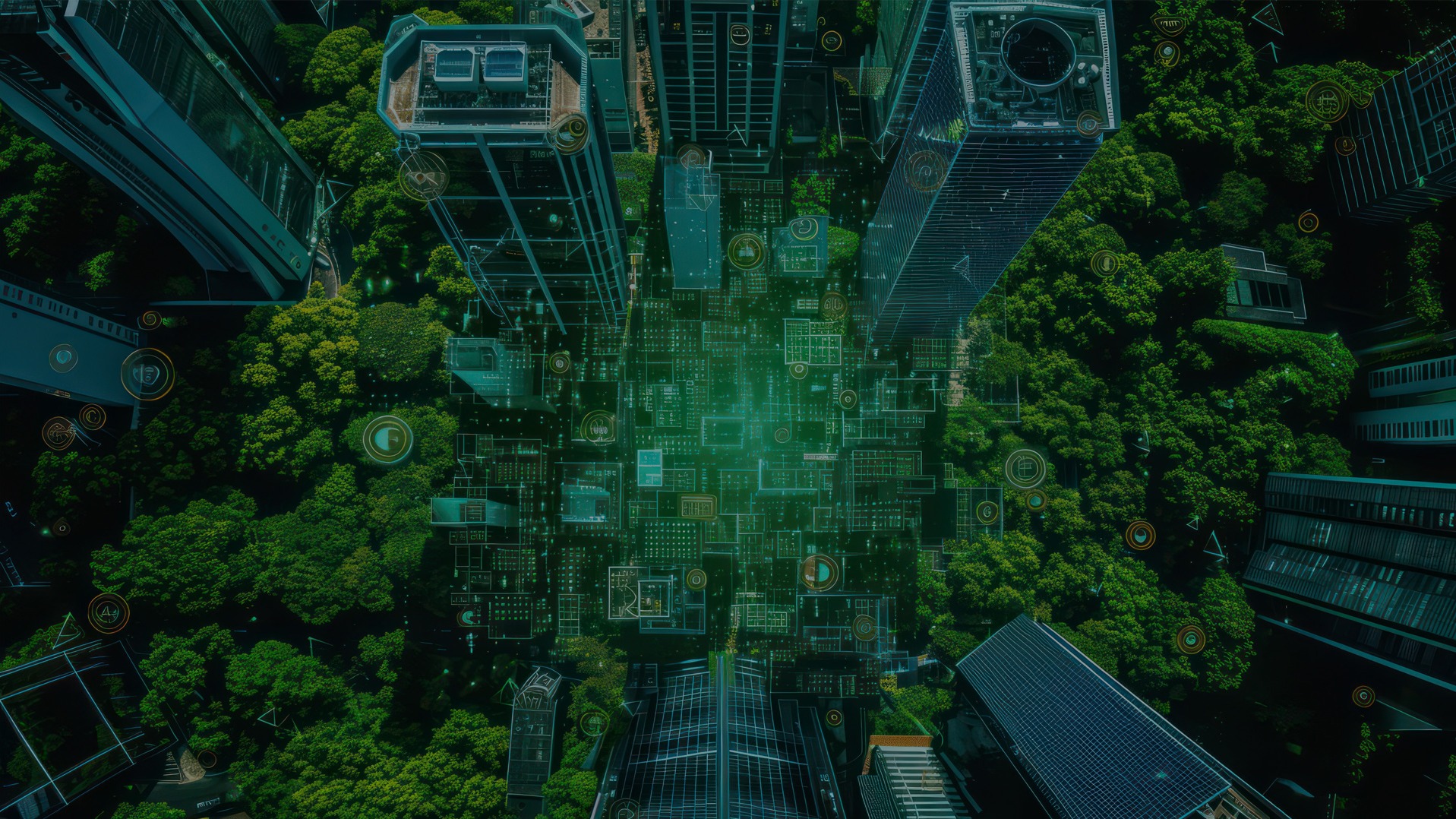Non-Invasive Wearable for Stress Tracking via Pulse Shape Variability
This non-invasive wearable integrates advanced photoplethysmography (PPG) sensing with a proprietary Pulse Shape Variability (PSV) algorithm to deliver real-time insights into stress levels linked to blood pressure fluctuations. Unlike conventional wearables that rely solely on heart rate or HRV, this technology analyzes the full morphology of the pulse waveform, capturing dynamic changes in amplitude, rise time, and contour that reflect vascular tone modulation caused by psychological stress.
The result is a highly responsive and motion-tolerant stress detection platform that functions effectively in real-world conditions. By transforming microvascular signals into actionable insights, the solution enables proactive stress awareness, personalized wellness coaching, and context-aware emotional feedback, unlocking new opportunities in digital health, telemedicine, fitness, and mental wellness ecosystems.
The technology owner is primarily seeking industry adopters and solution partners including medical institutions, device manufacturers, software developers, and fitness centers, who can integrate the technology into real-world applications with interest in deploying the system for use cases such as mental wellness, stress monitoring, fitness optimization, and remote healthcare. They also welcome collaboration with subject-matter experts to jointly enhance the algorithm and explore new features or application areas.










.jpg)







